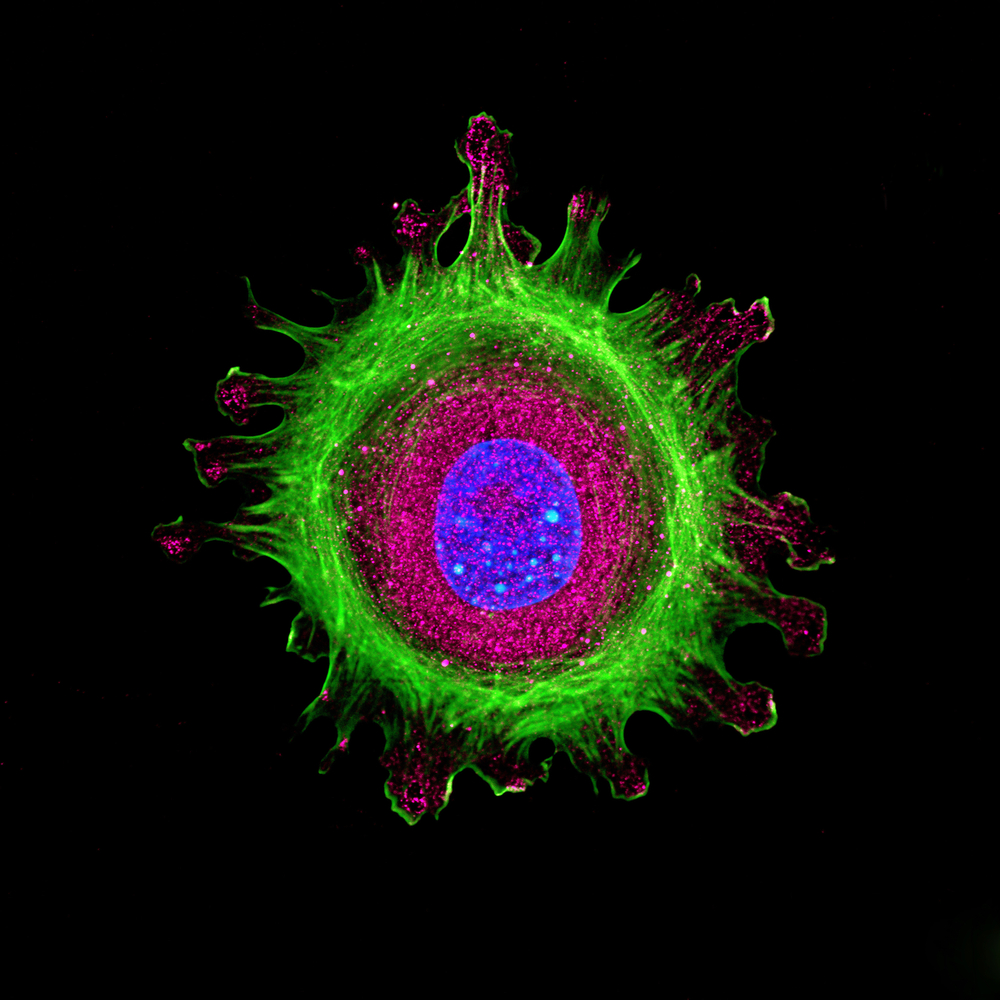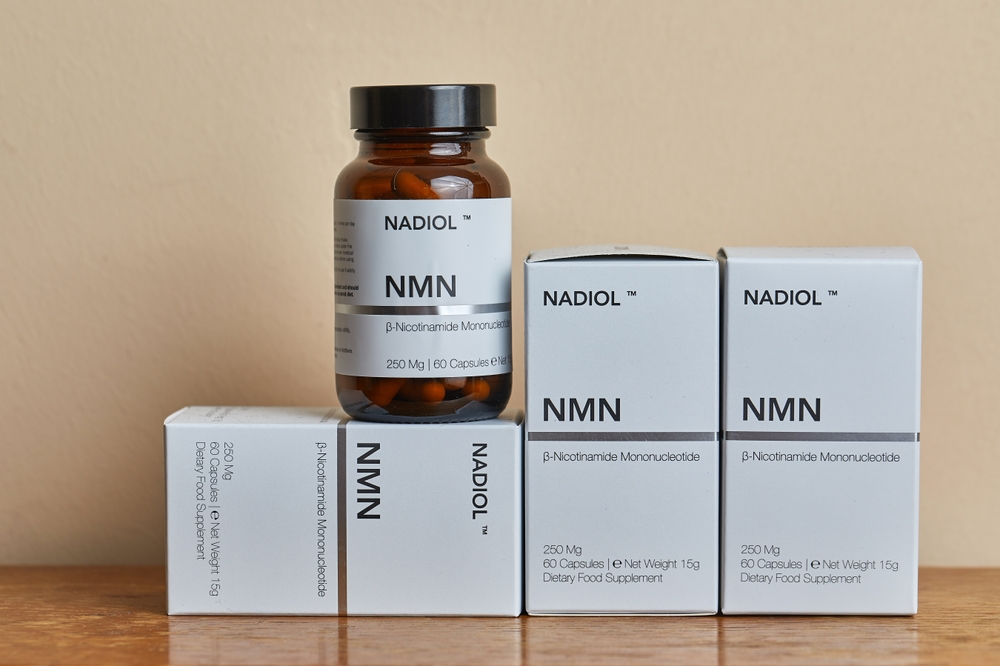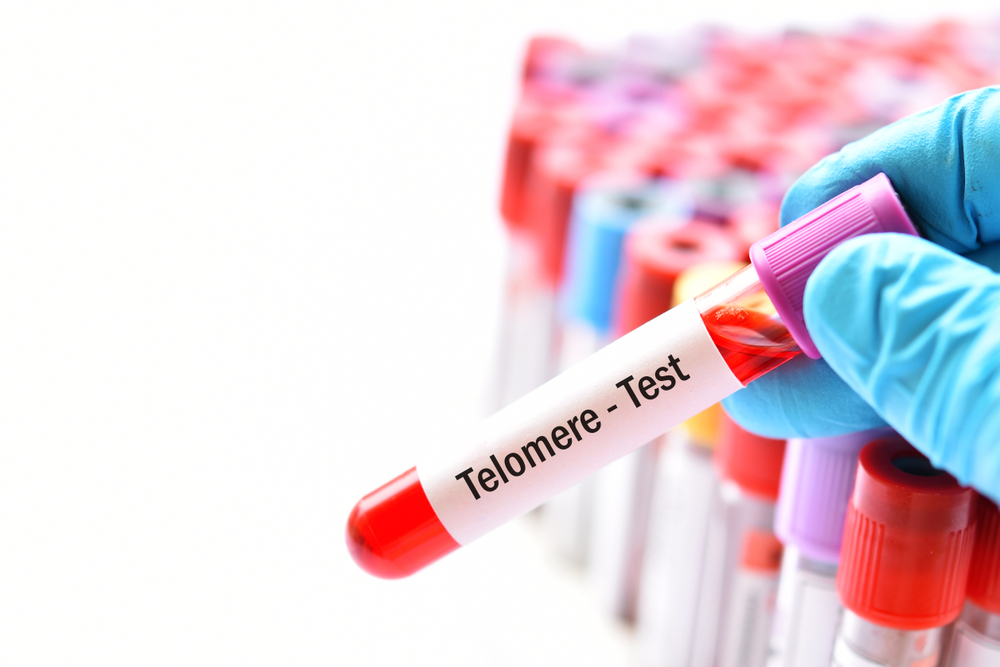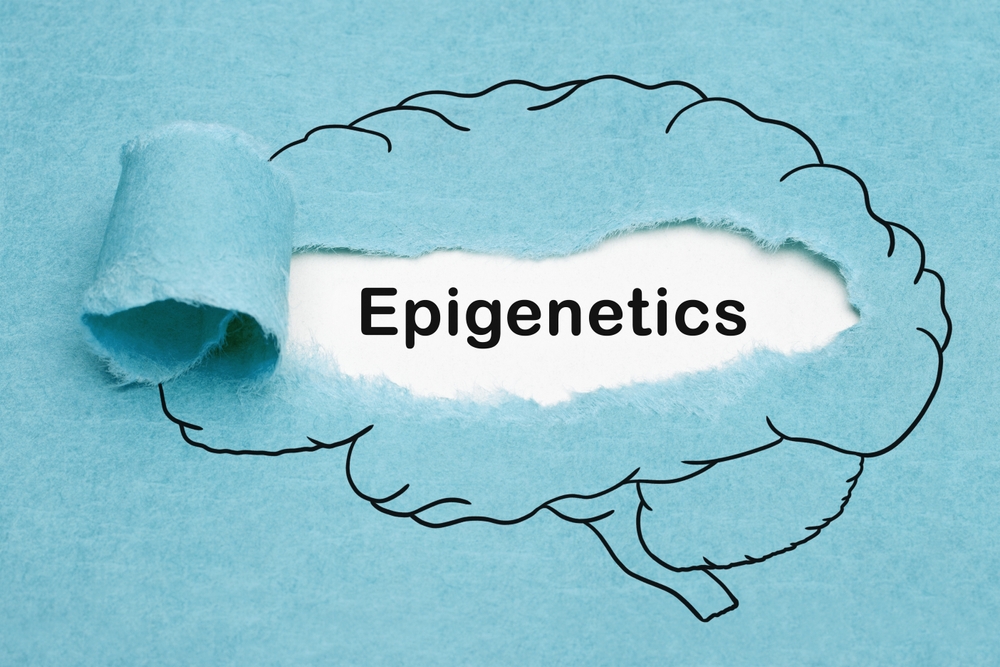As the quest for longevity becomes more mainstream, new trends are emerging that promise to help us live longer, healthier lives. These trends go beyond traditional advice like eating well and exercising, offering innovative approaches to slowing the aging process. From advanced supplements to biohacking techniques, these longevity trends are catching the attention of health experts and enthusiasts alike. In this article, we’ll explore 13 of the buzziest new longevity trends that are not only gaining popularity but are also proving to be shockingly effective.
1. Intermittent Fasting

Intermittent fasting (IF) has gained significant attention as a powerful tool for longevity. This eating pattern involves cycling between periods of eating and fasting, with popular methods including the 16:8 approach (fasting for 16 hours, eating within an 8-hour window). According to Karger Publishers, intermittent fasting promotes numerous health benefits, including extended longevity and weight loss, by positively influencing human tissue-specific microbiomes and minimizing organellar apoptosis. Research suggests that intermittent fasting can help lower inflammation, reduce the risk of chronic diseases, and promote cellular repair processes, all of which contribute to longevity. By encouraging autophagy, a process where the body breaks down and removes dysfunctional cells, intermittent fasting may help delay aging at the cellular level.
What’s surprising is that intermittent fasting doesn’t just support weight loss; it also boosts the body’s ability to repair and regenerate itself. The fasting periods give the digestive system a break, allowing for more efficient cellular maintenance and growth. Many longevity experts believe this practice, when done correctly, could extend lifespan by promoting healthier aging. It’s not just about skipping meals—it’s about creating an environment in your body that prioritizes health and longevity.
2. Senolytics: The Anti-Aging Breakthrough

Senolytics are a class of compounds that target and eliminate senescent cells—cells that have stopped dividing and contribute to aging and disease. These cells accumulate over time and release harmful substances that can cause inflammation, leading to chronic diseases. Senolytics have been shown to clear these dysfunctional cells, improving tissue regeneration and potentially reversing some age-related effects. Early studies suggest that these compounds may help reduce the risk of conditions like Alzheimer’s, heart disease, and arthritis, effectively promoting healthier aging.
What’s fascinating is that senolytic treatments could offer a more direct approach to fighting aging by specifically targeting the cells responsible for its negative effects. While this trend is still in its infancy, the potential for these compounds to reverse some of the damage caused by aging is immense. Researchers are optimistic that, shortly, senolytic drugs or supplements could be a game-changer in the fight for longevity. According to Nature, senolytic drugs are promising for treating age-related diseases, though they face challenges during clinical development. The idea that we can “clear out” old cells to help our bodies function better is a truly revolutionary concept in the field of aging research.
3. The Power Of Blue Zones Diets

Blue Zones refer to regions around the world where people live significantly longer and healthier lives, often reaching 100 years old or more. These areas include places like Okinawa, Japan, and Sardinia, Italy, where diets are rich in plant-based foods, healthy fats, and low in processed sugars. According to NCBI, a meta-analysis of dietary surveys in Blue Zones found that 95% of 100-year-olds ate plant-based diets, emphasizing the importance of a plant-based diet in longevity. The Blue Zones diet focuses on eating nutrient-dense foods, such as vegetables, legumes, nuts, and grains, while limiting meat consumption. The longevity of these populations has been attributed to their diet, which is linked to lower levels of chronic disease and longer lifespans.
What’s exciting about the Blue Zones diet is that it goes beyond food; it emphasizes a holistic approach to longevity. The lifestyle in Blue Zones includes strong social connections, regular physical activity, and a sense of purpose—key elements that contribute to long life. By adopting some of the habits from these regions, like eating more plant-based foods and practicing mindfulness, you may also be able to boost your chances of living a longer, healthier life. It’s a simple yet powerful way to align your eating habits with longevity.
4. NAD+ Boosters For Cellular Repair

NAD+ (nicotinamide adenine dinucleotide) is a vital molecule that plays a crucial role in energy production and cellular repair. As we age, NAD+ levels naturally decline, contributing to the aging process and making it harder for the body to repair damaged cells. NAD+ boosters, such as nicotinamide riboside (NR) and nicotinamide mononucleotide (NMN), have been gaining attention for their potential to restore these levels and slow down the aging process. According to News-Medical, while there is no direct evidence that NAD+ boosters promote longevity in humans, research in animal models suggests promising benefits for healthspan and lifespan.
What’s particularly intriguing is the research showing that NAD+ boosters could extend lifespan by improving metabolic function and reducing the risk of diseases like Alzheimer’s and cardiovascular issues. While more research is needed, early studies have shown promising results, suggesting that these supplements could be a powerful tool in the longevity arsenal. As the science behind NAD+ continues to evolve, these boosters may soon become a mainstream part of anti-aging regimens. By restoring cellular function, NAD+ supplements might help us live longer, more vibrant lives.
5. Cryotherapy: Freezing Away The Years

Cryotherapy involves exposing the body to extremely cold temperatures for short periods to stimulate health benefits like improved circulation, reduced inflammation, and accelerated muscle recovery. While initially used by athletes to speed up recovery, cryotherapy is now being hailed as a method to boost longevity. Cold exposure has been linked to the activation of certain proteins in the body that promote cellular repair and reduce the effects of aging. Cryotherapy may also stimulate the production of brown fat, which helps burn calories and protect against metabolic diseases.
What’s unexpected is that cryotherapy can have effects far beyond just physical recovery. Many proponents believe that regular cold exposure can improve mental clarity, boost mood, and increase overall energy levels. The idea that freezing your body can help you live longer may sound counterintuitive, but studies suggest it’s an effective way to enhance cellular function and overall health. Whether done through full-body cryotherapy or at-home ice baths, this trend is gaining traction for its potential to support longevity.
6. Telomere Extension

Telomeres are the protective caps at the ends of chromosomes that shorten as we age, leading to cell aging and death. The idea behind telomere extension is to lengthen these caps, allowing cells to divide more times before aging. Various methods, including the use of specific supplements and lifestyle changes, are being explored to slow down or reverse telomere shortening. Some researchers are even developing drugs that target the enzymes responsible for maintaining telomere length, offering a potential avenue for longevity.
What’s fascinating about telomere extension is its direct connection to cellular aging. By maintaining the integrity of telomeres, it’s possible to slow the aging process at the cellular level. Although this technology is still in its early stages, scientists are optimistic about the potential to extend life by targeting the very building blocks of cellular health. With advancements in genetic research, telomere extension may soon be one of the most revolutionary tools in the longevity toolkit.
7. Biohacking With Wearable Devices

Biohacking, the practice of using technology and self-experimentation to optimize bodily functions, has become a hot trend in the longevity space. Wearable devices like fitness trackers, smartwatches, and sleep monitors allow individuals to track their health data in real time. These devices can monitor vital signs, track sleep quality, and even measure stress levels, providing insights into how lifestyle choices affect overall well-being. By making data-driven decisions, biohackers can fine-tune their habits to enhance longevity and prevent age-related diseases.
What’s particularly surprising is that these wearables not only track progress but also help users make informed decisions about their health. They allow people to adjust their diet, exercise, and sleep schedules in real-time to optimize their longevity potential. As technology continues to improve, wearable devices may become essential tools for extending life, offering personalized insights and recommendations. Biohacking through wearables is quickly becoming a mainstream approach to living longer and healthier.
8. Plant-Based Diets For Longevity

Adopting a plant-based diet has long been associated with various health benefits, including improved heart health and lower rates of cancer. But recent research suggests that plant-based diets may also help extend lifespan. Rich in antioxidants, vitamins, and fiber, plant-based foods can reduce inflammation, lower the risk of chronic diseases, and promote better overall health. By focusing on whole, unprocessed plant foods, individuals can nourish their bodies and reduce the cellular stress that accelerates aging.
What’s surprising is that a plant-based diet doesn’t necessarily mean giving up all animal products; it’s about shifting towards a greater emphasis on plant foods. This diet has been linked to a lower risk of age-related diseases like hypertension, type 2 diabetes, and heart disease. With the rise of plant-based alternatives, it’s easier than ever to adopt a diet that supports longevity. By embracing a plant-powered lifestyle, individuals can enhance their health and potentially live longer, disease-free lives.
9. The Rise Of Peptides For Anti-Aging

Peptides are short chains of amino acids that play a vital role in various physiological functions, including hormone production, immune response, and skin regeneration. In recent years, peptides have gained attention for their potential anti-aging properties. Research suggests that certain peptides can stimulate collagen production, improve skin elasticity, and promote muscle growth. These compounds are now being explored for their ability to repair tissue, reduce wrinkles, and combat age-related muscle loss.
What’s intriguing about peptides is that they offer a natural way to fight the signs of aging at the cellular level. By stimulating the body’s regenerative processes, peptides could slow down the visible and invisible effects of aging. These compounds are gaining popularity in both topical treatments and supplements. While more studies are needed, the potential of peptides to enhance longevity is a trend worth watching.
10. Cognitive Training For Brain Health

As we age, cognitive decline becomes one of the biggest challenges to maintaining independence and quality of life. Cognitive training, which involves exercises to improve memory, focus, and problem-solving skills, is emerging as a key trend in longevity. Programs like brain games and mental challenges are designed to keep the brain sharp and reduce the risk of dementia. Early research shows that regular cognitive training can improve brain health and even delay the onset of cognitive decline.
What’s surprising is how accessible and effective these cognitive exercises can be. With the rise of apps and online platforms dedicated to mental fitness, it’s easier than ever to keep your mind engaged and healthy. Studies have shown that people who engage in regular cognitive training are more likely to maintain their mental faculties as they age. By incorporating brain training into your daily routine, you can keep your mind sharp and support your long-term health.
11. The Ketogenic Diet For Longevity

The ketogenic diet, which focuses on high-fat, low-carb eating, has been popularized for its ability to promote weight loss and manage conditions like epilepsy. However, emerging research suggests that the ketogenic diet may also have longevity benefits. By putting the body into a state of ketosis, where it burns fat for energy instead of carbohydrates, the diet may reduce oxidative stress, inflammation, and the risk of chronic diseases. This metabolic shift could help slow the aging process and promote a longer, healthier life.
What’s interesting is that the ketogenic diet may have neuroprotective effects, potentially reducing the risk of Alzheimer’s and other neurodegenerative diseases. Some studies suggest that ketosis improves brain function and promotes the growth of new neurons. While the diet may not be suitable for everyone, those who can follow it may experience improved overall health and longevity. The ketogenic diet is an intriguing approach to aging that’s gaining momentum in the longevity space.
12. The Microbiome And Gut Health

Research into the human microbiome—the trillions of bacteria and microorganisms that live in our gut—has uncovered its significant role in aging and overall health. A balanced and diverse microbiome has been linked to improved immune function, better digestion, and a lower risk of chronic diseases. Probiotics, prebiotics, and fermented foods are gaining popularity for their ability to support gut health and, in turn, longevity. A healthy gut is thought to reduce inflammation, which plays a significant role in the aging process.
What’s surprising is that maintaining a healthy microbiome could actually be one of the most effective ways to extend life. By improving gut health through diet and supplementation, you may improve both physical and mental well-being. Research is continuously uncovering the profound effects that gut health has on aging, suggesting that a well-balanced microbiome could be key to living longer and feeling better. With more people focusing on gut health, it’s becoming clear that the microbiome plays an integral role in longevity.
13. Epigenetic Reprogramming

Epigenetics is the study of how environmental factors affect gene expression, and epigenetic reprogramming aims to reverse aging at the genetic level. New technologies are emerging that can potentially “reset” genes, improving cellular function and potentially reversing signs of aging. This groundbreaking approach has shown promise in laboratory settings, where researchers have been able to rejuvenate cells and improve their function. The idea that we can alter the expression of our genes to slow or even reverse aging is one of the most exciting developments in longevity science.
What’s particularly remarkable is that epigenetic reprogramming could offer a way to combat aging at its root cause. By manipulating the genetic code, scientists may one day be able to slow down, stop, or even reverse the aging process. Although this technology is still in its early stages, the potential for epigenetic reprogramming to revolutionize longevity is enormous. With continued research, this trend could redefine how we approach aging and health in the future.

Abisola is a communication specialist with a background in language studies and project management. She believes in the power of words to effectively connect with her audience and address their needs. With her strong foundation in both language and project management, she crafts messages that are not only clear and engaging but also aligned with strategic goals. Whether through content creation, storytelling, or communication planning, Abisola uses her expertise to ensure that her messages resonate and deliver lasting value to her audience.


